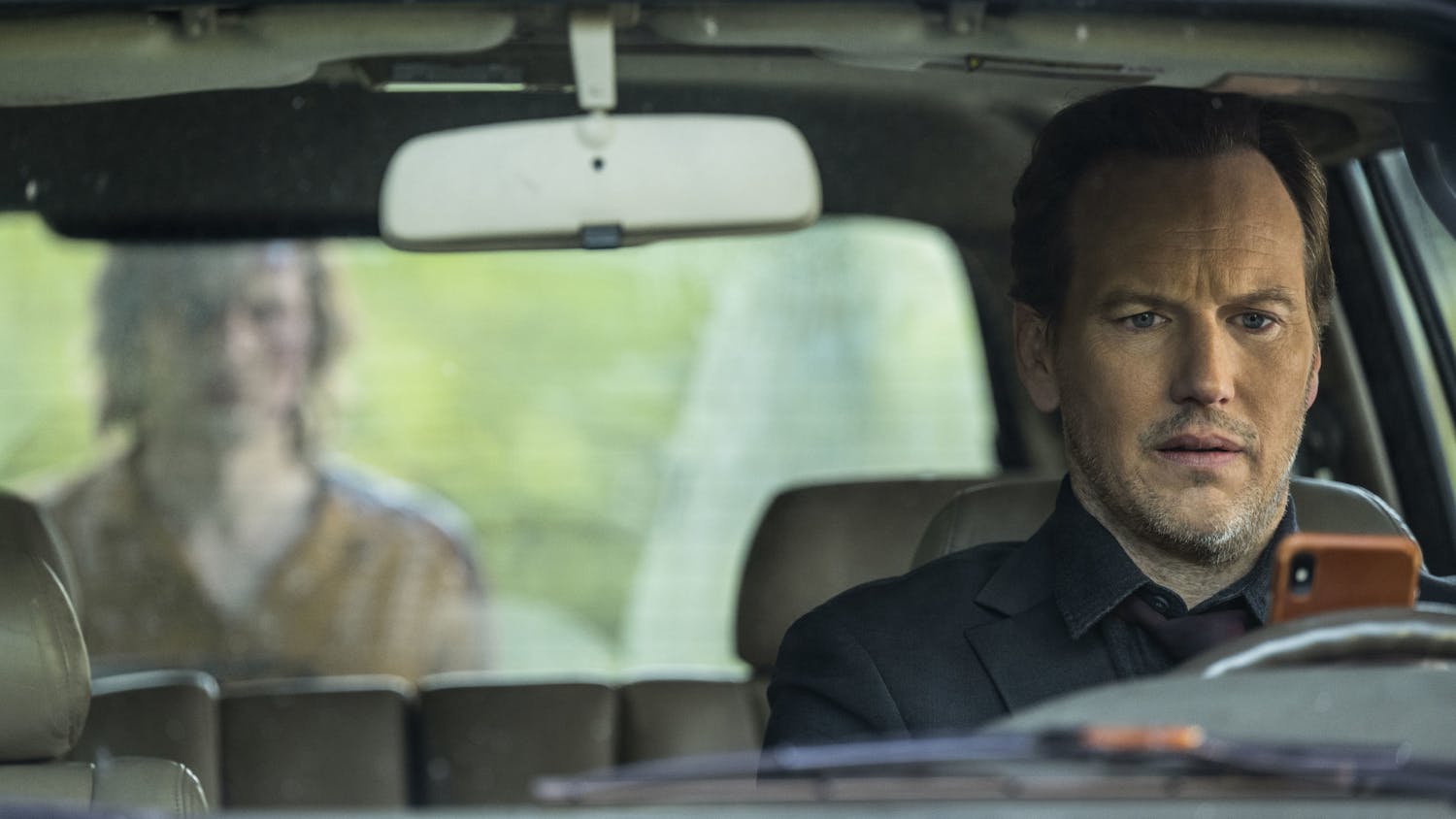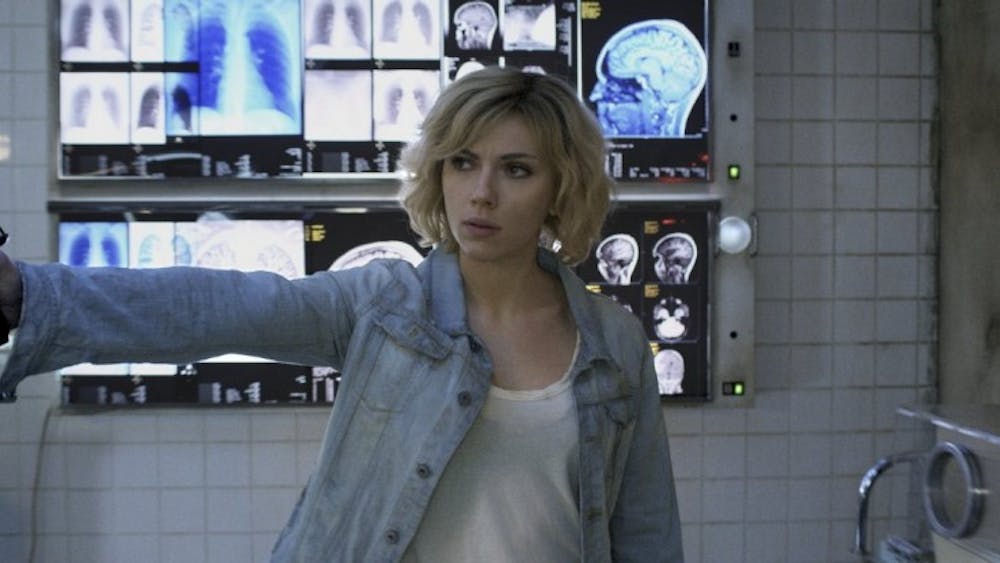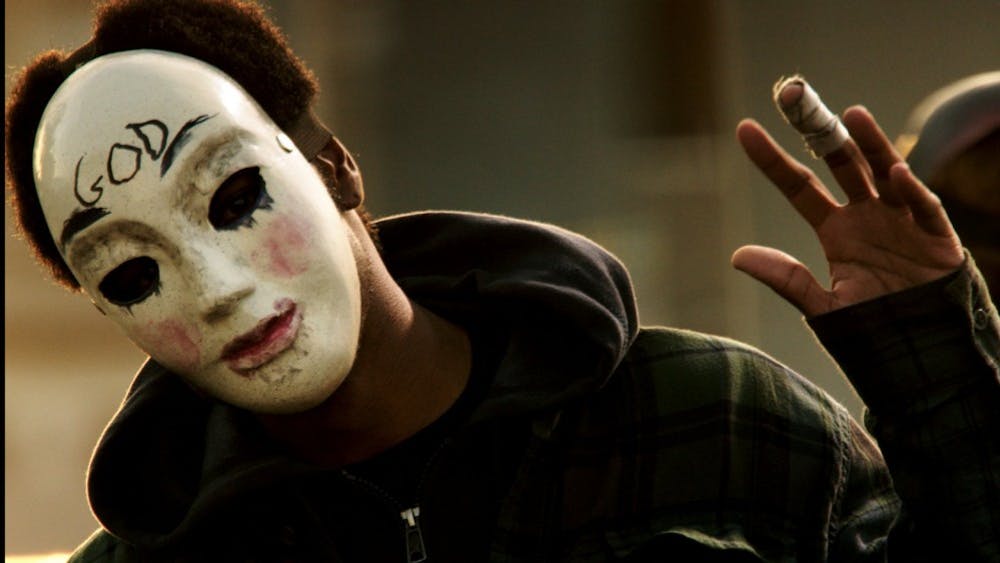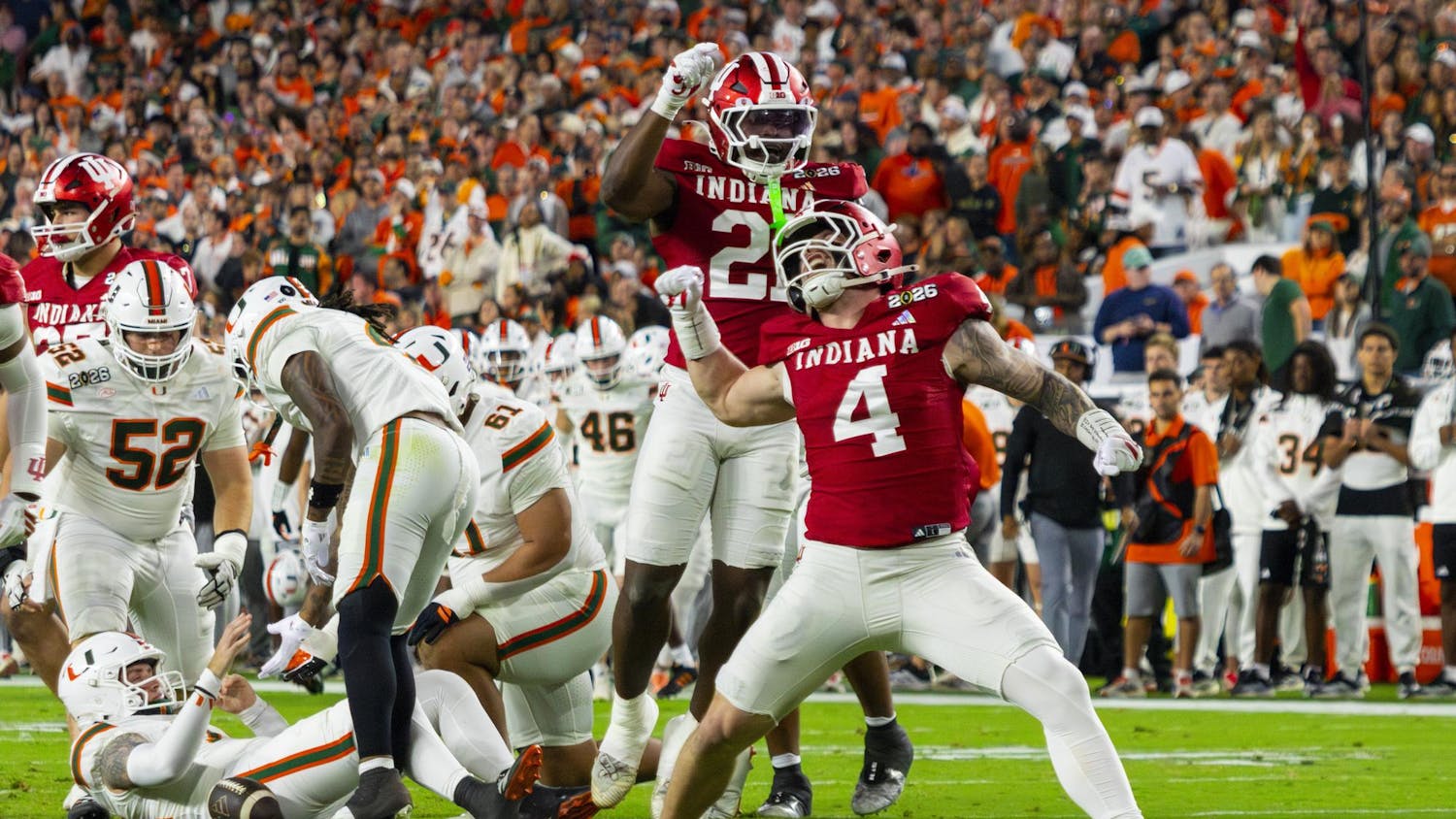Hollywood's infatuation with comic books is only natural from a profit standpoint -- make a movie about a superhero whose existence knows no age barriers and rake in the dough. But only a handful of filmmakers have ever capably translated the visual "pow" and narrative compactness of comics to the big screen. Among them are George Lucas, Sam Raimi and now M. Night Shyamalan, whose "Unbreakable" is among the finest contemporary sprocket-holed comic books, but not without some disturbing scruples.\nIn the distant past, a woman in a back room of a department store cradles her newborn baby while the shocking news that her baby boy's arms and legs are broken is relayed. Cut to present day: David Dunne (Bruce Willis, who proves once again he is a master at reserved acting) is riding a train home to the off-kilter reality of his wife (Robin Wright Penn) and son. One edit later finds Dunne in a hospital as the lone survivor of a freak train accident. Even more remarkable is that he's unscathed. \nDunne returns home to his football stadium security job as if nothing peculiar happened. That is until Elijah Price (Samuel L. Jackson, in what is arguably his greatest performance to date), the fragile grown version of the boy from the film's opening, enters his life. Price makes his comic book acumen apparent by asking the improbable: could Dunne actually be superhuman?\n"Unbreakable" delves deeper than ordinary superhero mythos into the territory of self-realization. Both Dunne and Price arrive at their character epiphanies in separate manners. "Unbreakable" deals with a lack of religious doctrine. These so-called contemporary evils prove to be the greatest flaw of "Unbreakable." Why does writer/director Shyamalan decide that Dunne will bypass a rapist to prove his heroism? Why does Dunne eventually clash with an inhumane being that is shown graphically spitting on a dead victim?\nFor an auteur who seems to have a decent grasp on religion, such images can either be looked at as morally contradictory or as trying to prove that modern day heroes have to deal with greater malefactors than in the past. This critic tends to think that "Unbreakable" goes too far in the shock-value department, but maybe Shyamalan will establish more precedent for these concepts in the rumored second and third parts to the "Unbreakable" trilogy.
\'Unbreakable\' deep but shocking
Get stories like this in your inbox
Subscribe





